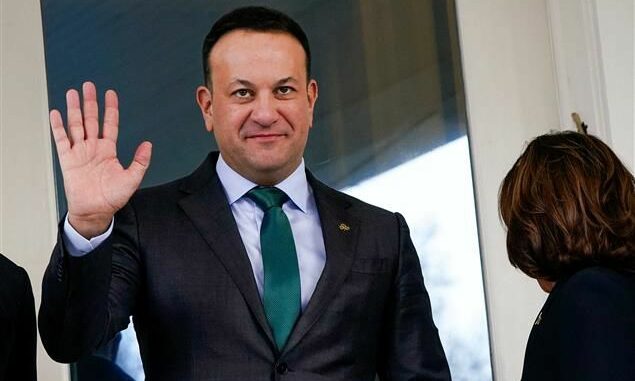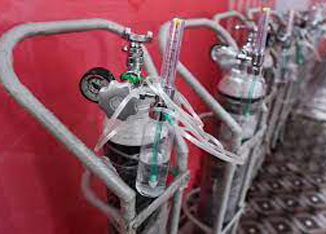
LONDON (TIP): Ireland’s Indian-origin Prime Minister, Leo Varadkar, on Wednesday, March 20, sent shockwaves across the country by announcing his sudden resignation citing “personal and political reasons”, triggering a leadership contest. The 45-year-old Taoiseach, as the Irish Prime Minister is known, made the announcement in an emotional statement delivered from the steps of the government buildings in Dublin. Varadkar said he believed a new leader “will be better placed than me” to gain seats for his party Fine Gael in the next general election, scheduled for next year.
My reasons for stepping down now are personal and political, but mainly political… After seven years in office, I don’t feel I’m the best person for this job anymore,” said Varadkar.
“There are loyal colleagues and good friends contesting local European elections, and I want to give them the best chance possible. On a personal level, I’ve enjoyed being Taoiseach… However, politicians are human beings and we have our limitations. We give it everything until we can’t anymore. And then we have to move on,” he said.
“That’s it. I have nothing else lined up or in mind. No definite personal or political plans, but I am looking forward to having the time to think about them,” he added.
Varadkar was born in Ireland to a Mumbai-born father and Irish mother and has led the Fine Gael party since 2017. When aged 38 he became the country’s youngest and first openly gay Prime Minister and has served as Taoiseach twice since.
In his speech, Varadkar added that he was proud that the country is “more equal and more modern place when it comes to the rights of children, the LGBT community, equality for women and their bodily autonomy”.
Last month, he joined Britain’s Indian-origin Prime Minister to unveil a historic power-sharing pact when Varadkar and Sunak agreed that a “stable, effective and successful” Northern Ireland – part of the United Kingdom and sharing a border with Ireland – benefitted the UK-Irish relationship immensely.
Varadkar’s first stint leading Ireland lasted from 2017 to 2020, before he took up the role as Tanaiste, or Deputy Prime Minister, from 2020 until December 2022. He has been in a “rotating Taoiseach” agreement that underpinned a three-party coalition with Fianna Fail and the Green Party.
After a party leadership contest, a new Taoiseach is set to be in place when the Irish Parliament Dail returns after Easter next month. Varadkar has said he plans to carry on as a member of parliament for his Dublin West constituency.
His announcement on Wednesday does not automatically trigger a general election in Ireland, which must be held by March 2025, five years after the last election. Meanwhile, Ireland’s political parties are facing local government and European Parliament elections in June.
Tanaiste Micheal Martin paid tribute to Varadkar, adding that he was “very surprised” about his resignation which he was informed about on Tuesday evening.
“I want to take this opportunity again to wish him the very best in his personal life and in his career into the future,” he said.
Varadkar’s exit comes after a defeat on a family issues double referendum, in which voters refused to expand the constitutional definition of the family beyond married couples and removing some sexist language around women’s duties in the home from the Irish Constitution.
Varadkar conceded that “there are areas where we have been much less successful”, adding: “I hope you’ll forgive me if I leave it to others to point them out on a day like this.”
Attention will now turn to Varadkar’s replacement, with a contest expected to involve several ministers from the party including Paschal Donohoe, Simon Harris, Simon Coveney and Heather Humphreys. Meanwhile, he will carry on as leader until his successor is in place.
(Source: PTI)





Be the first to comment